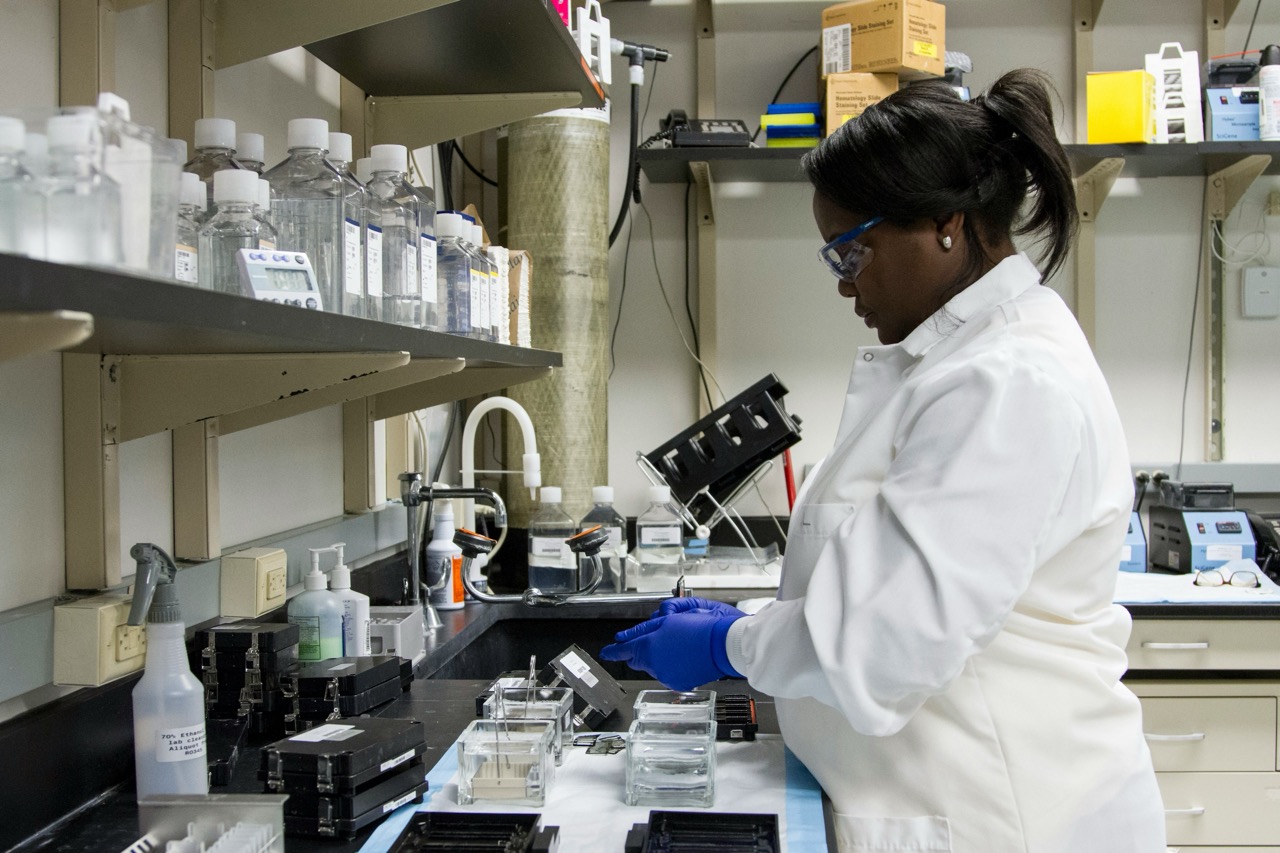Human Papillomavirus (HPV) is one of the most common sexually transmitted infections globally, affecting millions of people each year. Many individuals may find it daunting to discuss HPV with their partners due to the stigma surrounding sexually transmitted infections. However, open communication is essential for maintaining a healthy relationship and ensuring both partners are informed and supported. This article outlines how to approach the conversation about HPV with your partner, providing guidance on understanding the virus, preparing for the dialogue, sharing essential information, and fostering trust and mutual care.
Understanding HPV: What You Need to Know Before Discussing
Before initiating a conversation about HPV, it’s crucial to have a solid understanding of what the virus is and its implications. HPV is a group of more than 200 related viruses, of which about 40 are transmitted through intimate skin-to-skin contact, affecting the genital area, mouth, and throat. Most HPV infections are asymptomatic and resolve on their own; however, certain strains can lead to serious health issues, including genital warts and various cancers, such as cervical cancer. Knowing these facts can help you frame the conversation in a factual and non-judgmental manner.
It’s also important to recognize that HPV is extremely common; in fact, most sexually active individuals will contract at least one type of HPV in their lifetime. Understanding the prevalence of this virus can help mitigate feelings of shame or fear in this discussion. Being informed about vaccination options, such as Gardasil, which can protect against several high-risk strains of HPV, is also essential. This knowledge will arm you with the information needed to reassure your partner and explain preventive measures.
Additionally, familiarize yourself with the potential symptoms and testing methods related to HPV. While there is no specific test for HPV in men, women can undergo Pap smears to check for changes in cervical cells caused by the virus. The more educated you are about the implications and management of HPV, the more confident you will feel in discussing it with your partner.
Preparing for the Conversation: Tips for a Smooth Dialogue
When preparing to discuss HPV, it’s vital to create an environment conducive to open communication. Choose a comfortable and private setting where both you and your partner feel at ease and free from distractions. Timing is also critical; ensure that both of you are in a calm state of mind and not preoccupied with other stressors. This will help facilitate a more productive and focused dialogue.
Consider your partner’s potential feelings and reactions before starting the conversation. It may be helpful to approach the topic gently and frame it as a shared concern for both of your health and well-being. Avoid using accusatory language; instead, emphasize that this is a mutual discussion aimed at understanding each other better and supporting one another. Practicing what you want to say in advance can also ease anxiety and ensure you effectively convey your thoughts.
Finally, be prepared for various outcomes. Your partner might have a range of emotions, from curiosity to discomfort. Practice active listening, allowing them to express their feelings and concerns. Approach the conversation with empathy and patience, understanding that it may take time for them to process the information fully.
Key Points to Cover: Essential Information to Share
During the discussion, aim to cover essential points about HPV that will help clarify misconceptions and provide a sense of understanding. Start by explaining how HPV is transmitted, emphasizing that it can be passed even when an infected person shows no symptoms. This knowledge can help your partner understand that HPV is not a reflection of infidelity or poor hygiene, but rather a common health issue.
Discuss the potential health effects associated with HPV, including the types of cancers it can cause and the importance of regular health screenings. If applicable, share your own health history related to HPV and any preventive measures you’ve taken, such as getting vaccinated or discussing testing options with your healthcare provider. This transparency can foster a sense of security and encourage your partner to engage in their health proactively.
Finally, talk about the available resources for further information, including reputable websites, literature from health organizations, and potential consultations with healthcare professionals. Offering to attend a doctor’s appointment together can also be a supportive gesture, reinforcing that you are both in this together and prioritizing your health as a couple.
Supporting Each Other: Building Trust and Mutual Care
Having an open dialogue about HPV can significantly strengthen the bond between partners. Acknowledging this sensitive topic together fosters trust and transparency, showing that both parties are committed to each other’s health and well-being. Supporting each other through any feelings of anxiety or fear associated with HPV is crucial. Reassure your partner that they are not alone in this experience and that many people face similar challenges.
In addition to discussing HPV, consider establishing mutual health goals as a couple. This can include scheduling regular check-ups, discussing safe sex practices, or exploring vaccination options together. Engaging in these proactive measures demonstrates that you are both taking responsibility for your health and that of your partner, further solidifying your relationship.
Lastly, keep the lines of communication open. Encourage ongoing discussions about sexual health, allowing both partners to express their thoughts and feelings. By maintaining a supportive and open relationship, you can navigate challenges related to HPV and foster a healthy partnership grounded in mutual respect and care.
Talking about HPV may feel uncomfortable, but it is a necessary step for anyone in a committed relationship. By educating yourself about the virus, preparing for the conversation thoughtfully, sharing vital information, and supporting one another, you can approach this topic with confidence and empathy. Ultimately, open dialogue about sexual health can strengthen relationships and promote better health outcomes for both partners. Remember, knowledge and communication are key components in nurturing a healthy relationship and empowering each other in the face of challenges.









